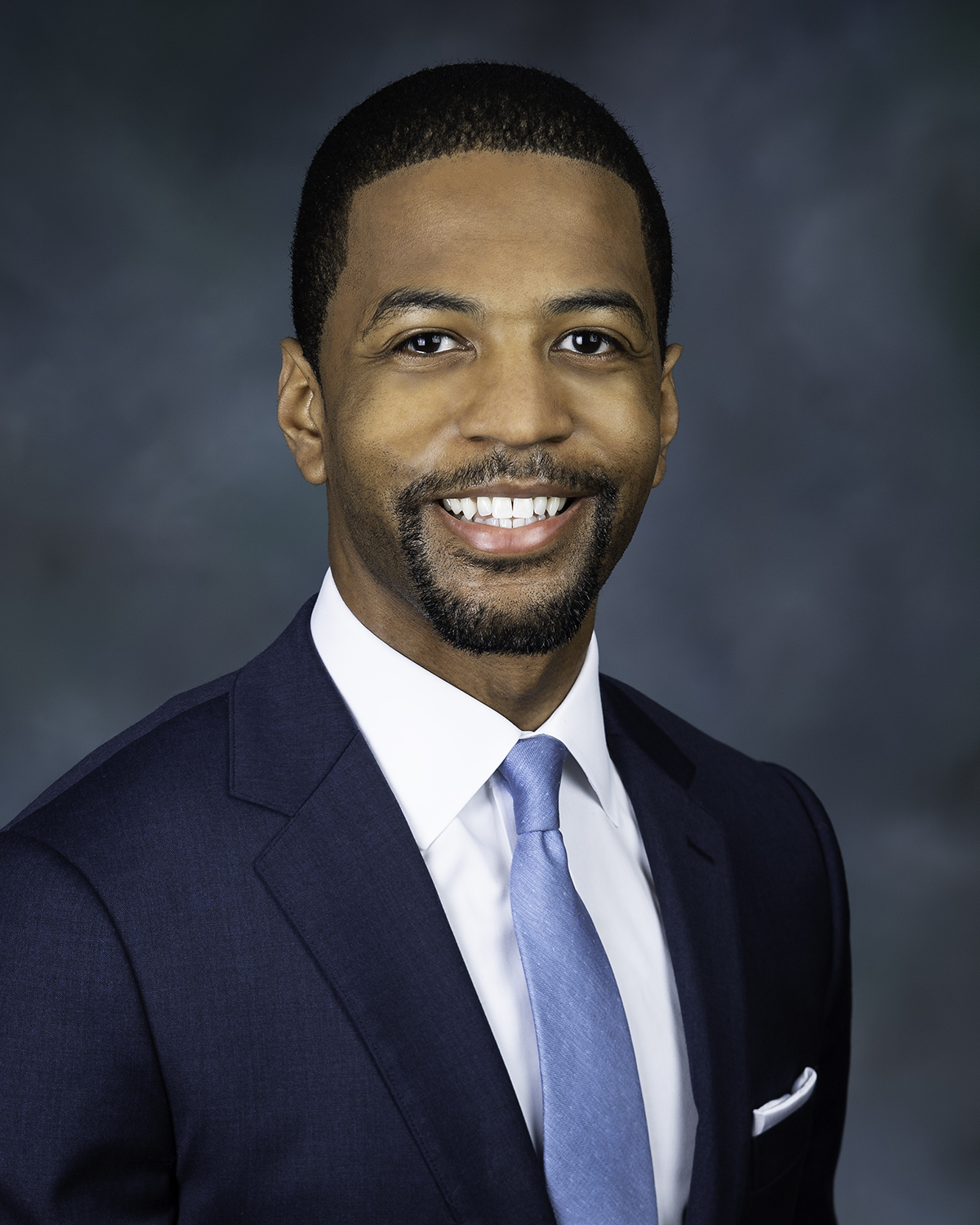When Tremaine Phillips, Agricultural, Food, and Resource Economics (AFRE) ’08, told his parents that he was planning to change his engineering major to Environmental Economics and Policy (now Environmental Economics and Management) his parents were quite surprised, but he said to them, “trust me.”

As an undergrad, Phillips says, “I could already see the increasing importance of environmental policy to the public and private sector. The environmental policy major provided a holistic approach that combined business and economics with environmental science and sustainability.”
Now as a commissioner for the Michigan Public Service Commission (MPSC), Phillips sees this comprehensive approach to policy as vital to the work of the commission.
As a member of the commission, Phillips is directly involved in regulating the electricity, natural gas and telecommunications industries in the state of Michigan.
“You have to be prepared to balance the needs of customers, businesses, and the environment, and be mindful of how these areas can impact each other,” Phillips said.
The recent COVID-19 pandemic has added an extra layer of urgency to his work. The MPSC is working to help ensure that Michigan residents who are facing economic hardship are still able to afford their utility bills.
Additionally, the global scale of the pandemic has required the MPSC to understand the pandemic’s impacts on the supply chains for renewable energy products which are the centerpiece of the state’s efforts to significantly reduce carbon emissions.
Lastly, as more and more schools have had to embrace online education, the commission has been looking for ways to improve access to high-speed internet. Recently, the MPSC created a public Wi-Fi hotspot map throughout the state to assist those in need of safe and accessible broadband internet access.
Phillips was appointed to the Public Service Commission for a six-year term by Michigan Governor Gretchen Whitmer. Since graduating from Michigan State University (MSU), Phillips has earned a juris doctorate and an M.A. in public policy and management from The Ohio State University, and he has spent over a decade working in the environmental policy space in both the public and private sector.
For current MSU students, Phillips said, “There are so many ways that you can create change; change doesn’t just come from Congress or the legislature. You can make a difference through non-profits, large and small businesses, and at the community level. We need folks at all of those levels of engagement to reach our energy and sustainability needs.”
As an AFRE undergraduate, Phillips got to see first-hand how small changes can make a big difference when he worked with AFRE Professor Scott Swinton on a research project that looked at the cost and environmental savings of adopting duplex printing throughout the College of Agriculture and Natural Resources.
Phillips helped present their findings to the provost and the college ultimately adopted their suggested changes. Phillips credits his undergraduate mentors, including Professor Swinton, Terry Link and Dr. Laurie Thorp in MSU’s Residential Initiative on the Study of the Environment (RISE), for providing him with the foundation he needed to reach his professional goals.
“You never know when an opportunity is going to come up but when the door opens you need to be ready to walk through it,” Phillips said.
From learning about environmental policy in Agriculture Hall to shaping it in Michigan’s capital, Phillips is leaving an impact on the state’s environmental health and on the well-being of its residents.



 Print
Print Email
Email




